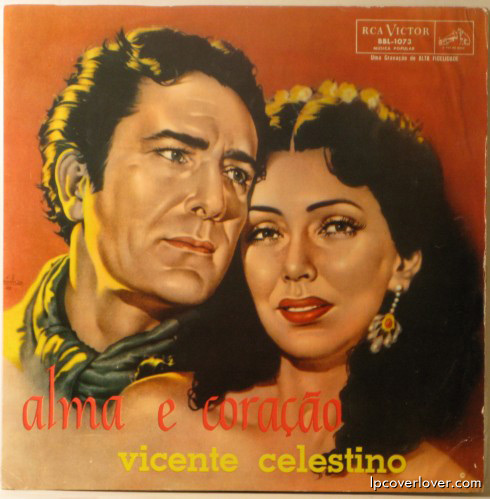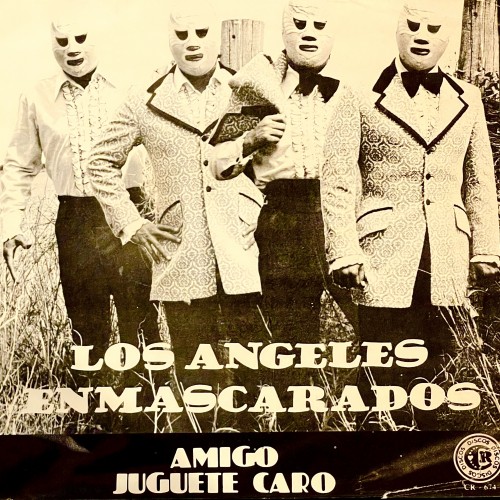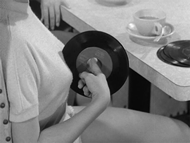Alma e Coracao
Vicente Celestino “Alma e Coracao” RCA Victor (1960) Born in Rio de Janeiro, he started out singing for neighbors and friends. Enrico Caruso was a big idol of his. At age 20, Celestino debuted at the Teatro São José, soloing on the waltz “Flor do Mal” (S.Coelho/D.Correia), a big hit. That recording, from 1916, was his first to sell thousands of copies, a phenomenon, at the time. Vicente sang the operetta “Juriti”, written by Chiquinha Gonzaga, and in 1920 he lined-up his own operetta company. But he did not abandon the carnival music, which granted him hits like “Urubu Subiu”. Celestino was one of the first Brazilian artists to use the electric recording system. He released hits like “Santa” (Freire Junior) and “Noite Cheia de Estrelas” (Ãndio). In the 1930s, he started writing music. The song that would make him known for generations to come was “O Ébrio”, turned into a motion picture and box-office hit by director and Celestino’s wife, Gilda de Abreu in 1946. The songs “Ouvindo-te”, “Coração Materno”, “Patativa” and “Porta Aberta” were also written by him. Having always performed in Brazil, he was an idol of different generations. During the tropicalist wave, Caetano Veloso “Coração Materno”. The singer died in 1968, just before a ceremony where the Tropicalists were going to do him homage, in São Paulo.














January 6th, 2009 at 1:48 am
Next time, I’m cutting back on the onions when I make you enchiladas!
January 6th, 2009 at 11:42 am
That is some great art work.
January 7th, 2009 at 1:22 pm
My favorite Celestino song is “Coração materno” (Mother heart) which tells the tale of a young man who decides to give to his beloved, as proof of his true affection… his own mother’s heart. And indeed he does, he tears open the poor old lady’s chest and from it removes, bleeding, the heart which he carries as a trophy. But as he hurries to give it to his girlfriend he trips on the road and breaks his leg. And that’s when the cool part comes: while he is in pain, we hear “are you hurt, poor son of mine? Come for me, son, here I am, come get me for I am still yours”. The voice comes from the heart itself. Literally.
January 7th, 2009 at 4:20 pm
That’s fantastic.